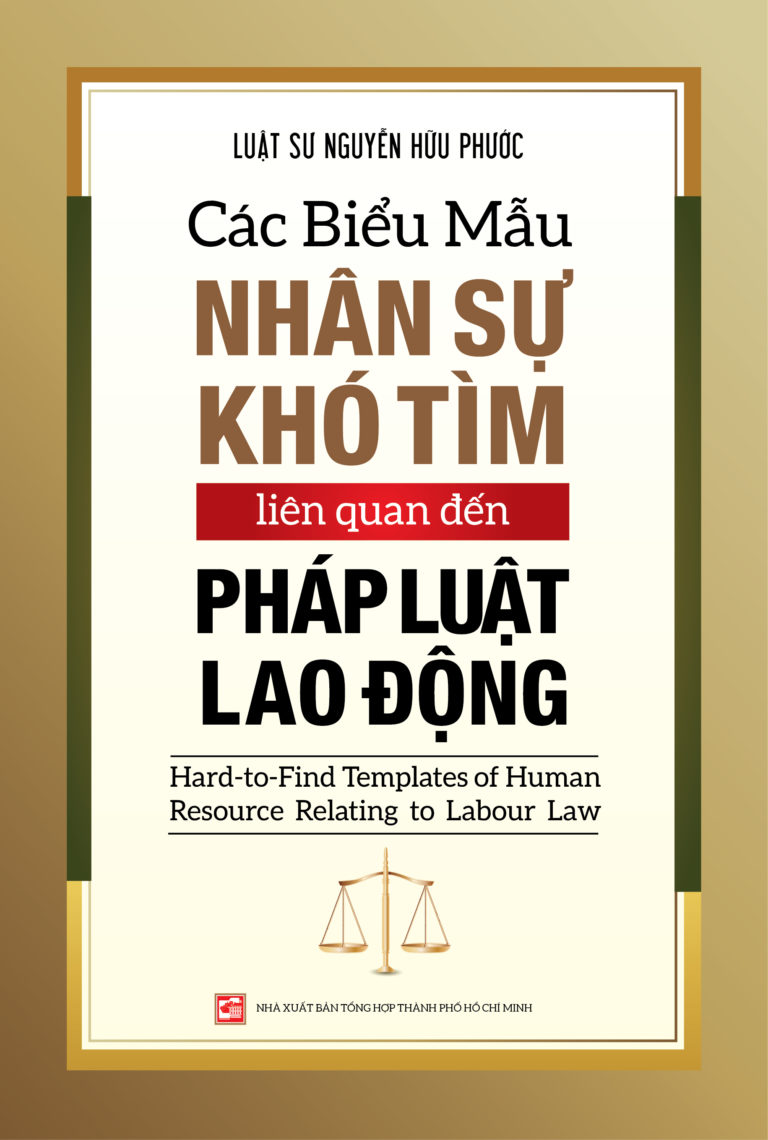What’s A Civil Contract? Analyzing The Subject And The Content Of A Civil Contract
To answer the question of “What is a civil contract? Analyzing the subject and the content of a civil contract”, we need to approach the definition of a civil contract firstly. Accordingly, a civil contract means an agreement between parties in relation to establishment, modification or termination civil rights and obligations.[1] The civil contract is a type of civil transactions. However, such type of civil transactions owns it specific feature that it is established based on an agreement. In principle, to establish an agreement, there must be at least two parties involved. In other words, the nature of the civil contract is expression of will of two or more parties to bind rights and obligations of each party.
To further find out “What is a civil contract? Analyzing the subject and the content of a civil contract”, analyzation of subjects and content of the civil contract takes an important part in not only identifying legal effect of such civil contract but also performance of the civil contract and settlement of disputes arising during contract performance.
Regulations in applicable Civil Code are the important grounds that helps related parties and competent authorities identify and analyze “What is a civil contract? Analyzing the subject and the content of a civil contract”. Some factors need to be focused on “What is a civil contract? Analyzing the subject and the content of a civil contract” are (i) the number of parties (ii) type of parties (iii) legal personality and legal capacity of parties and (iv) legal effect of content agreed in the civil contract.
Regarding the number of parties in a civil contract, as abovementioned, there must be at least two parties in the civil contract. In comparison with a unilateral legal act, a type of civil transactions, although it is the establishment, modification or termination of civil rights and obligations, it is acted by only a single party. Therefore, the unilateral legal act does not make an agreement as well as establishment of the civil contract.
The parties in a civil contract include individuals and legal entities. These parties must have legal personality and legal capacity in conformity with the civil contracts that they enter into.[2] For individuals, the legal personality of an individual is his/her capability to have civil rights and obligations. Legal personality of an individual commences at birth and terminates at death.[3] The legal capacity of an individual is his/her capability to establish and exercise civil rights and perform civil obligations through his/her acts.[4] Pursuant to the Civil Code 2015, the person having full legal capacity are adults who are eighteen of ages and older and not fall to cases of losing her/his legal capacity or be restricted legal capacity. Besides, individuals who are from 6 to 16 years old can establish, perform some specific type of civil transactions with some conditions required by laws.[5]
For legal entities, legal personality of a legal entity is its capability to have civil rights and obligations. Legal personality commences from the point that the competent authorities establish or approve to establish. If the entity must be registered to active the legal personality will commence at the point of recording in the registration book. The legal personality of an entity terminates at the point of terminating such entity.[6] Applicable laws do not regulated on legal capacity of an entity.
Content is a noteworthy point to find out “What is a civil contract? Analyzing the subject and the content of a civil contract”. Since the nature of a contract is agreement and freedom of will, parties in the contract have rights to agree on its content. Normally, a civil contract comprises the following content: (i) parties of the contract (ii) quantity and quality (i) price and payment methods (iv) term, location and methods of contract performance (v) rights and obligations of each party (vi) liability for breaching contract (vii) methods of dispute settlement.[7] However, a noteworthy point is that although parties have rights to agree on content of contract, such agreed content are effective only once they are not contrary to laws.
Above is an overview of the answer to the question: “What is a civil contract? Analyzing the subject and the content of a civil contract”. If you have trouble with legal issues regarding of the question: “What is a civil contract? Analyzing the subject and the content of a civil contract”, please contact us: Phuoc & Partners is a professional consulting firm established in Vietnam and currently has nearly 100 members working in three offices in Ho Chi Minh City, Hanoi and Danang. Phuoc & Partners is also rated as one of the leading consulting firms specializing in business law in Vietnam that has leading practice areas in the legal market such as Labour and Employment, Taxation, Merger and acquisition, Litigation. We are confident in providing customers with optimal and effective service.
[1] Article 385 of Civil Code 2015.
[2] Article 117.1(a) of Civil Code 2015.
[3] Article 16 of Civil Code 2015.
[4] Article 19 of Civil Code 2015.
[5] Article 20, Article 21, Article 22 and Article 24 of Civil Code 2015.
[6] Article 86 of Civil Code 2015.
[7] Article 398 of Civil Code 2015.
Mã Download: 6872











